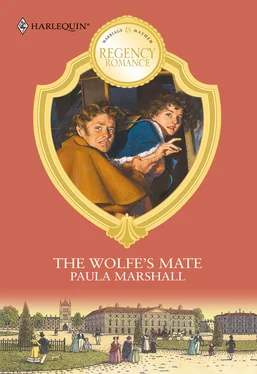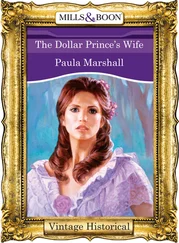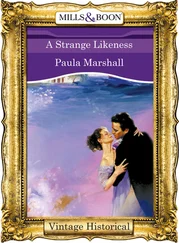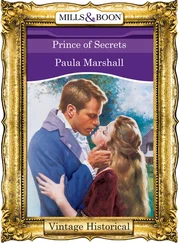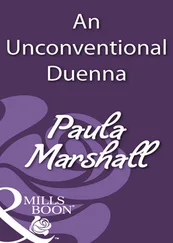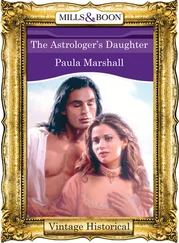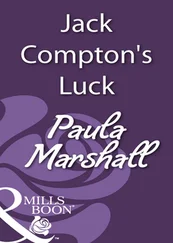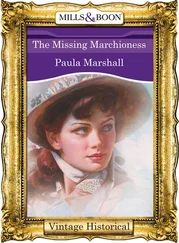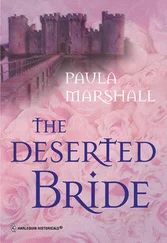Dear Reader,
When I began to write historical romances, I chose the Regency period for several reasons. I had always enjoyed Georgette Heyer’s novels—still among the best—and had spent part of my youth working at Newstead Abbey, the home of Lord Byron, one of the Regency’s most colorful characters. It involved me in reading many of the original letters and papers of a dynamic era in English history.
Later on when I researched even further into the period, I discovered that nothing I could invent was more exciting—or outrageous—than what had actually happened! What could be more natural, then, than to write a Regency romance and send it to Mills and Boon in England? It was accepted and that started me on a new career.
Like Georgette Heyer I try to create fiction out of and around fact for the enjoyment and entertainment of myself and my readers. It is often forgotten that the Regency men had equally powerful wives, mothers and sisters—even if they had no public role—so I make my heroines able to match my heroes in their wit and courage.
Paula Marshall
Paula Marshall, married, with three children, has had a varied and interesting life. She began her career in a large library and ended it as a senior academic in charge of teaching history in a polytechnic. She has traveled widely, has been a swimming coach, embroiders, paints pictures and has appeared on quiz shows in Britain. She has always wanted to write, and likes her novels to be full of adventure and humor.
The Wolfe’s Mate
Paula Marshall

www.millsandboon.co.uk
Before you start reading, why not sign up?
Thank you for downloading this Mills & Boon book. If you want to hear about exclusive discounts, special offers and competitions, sign up to our email newsletter today!
SIGN ME UP!
Or simply visit
signup.millsandboon.co.uk
Mills & Boon emails are completely free to receive and you can unsubscribe at any time via the link in any email we send you.
Prologue
Chapter One
Chapter Two
Chapter Three
Chapter Four
Chapter Five
Chapter Six
Chapter Seven
Chapter Eight
Chapter Nine
Chapter Ten
Chapter Eleven
Chapter Twelve
Chapter Thirteen
Chapter Fourteen
Chapter Fifteen
July 1815
‘Jilted!’ screeched Mrs Mitchell, throwing herself carefully backwards into the nearest comfortable chair. ‘That a child of mine should be left at the altar. Call him out, or horsewhip him, do, Mr Mitchell, it is all he deserves.’
‘Difficult,’ responded her husband drily, ‘seeing that his letter informs us that he was setting sail for France last night!’
His restraint was all the more remarkable because, until an hour ago, he had been loudly congratulating himself on getting rid of his stepdaughter to a husband who was, all things considered, above her touch, he being a peer of the realm, and she a merchant’s daughter and not very remarkable in the looks department.
His wife’s only response was to drum her heels on the ground and announce that she was about to faint—which she did with as much panache as Mrs Siddons performing on stage. Her two young daughters by Mr Mitchell stood helplessly on each side of her, sobbing loudly. Mrs Mitchell’s companion was wringing her hands, and exclaiming at intervals, ‘Oh, the wretch, the wretch.’
The only calm person in the room was the jilted young woman herself, nineteen-year-old Susanna Beverly, who coolly wrenched a feather from her mother’s fan. She held it briefly in the fire and then placed it under Mrs Mitchell’s nose to revive her.
Revive her it did. She started up, exclaiming loudly, ‘Oh, Susanna, how can you be so unmoved when he has ruined you? The news will be all about town by tonight—it will be the sensation of the Season.’
‘Really, Mother,’ replied Susanna, who was clinging on to her self-possession for dear life, after just having been made the spectacle of the Season as well as its sensation, ‘don’t exaggerate. He hasn’t seduced me, only left me at the altar.’
‘Oh, Mr Mitchell,’ shrieked her mother, sitting up at last, ‘pray tell her that he might just as well have done so. Nobody, but nobody, will ever marry a jilted girl! Oh, whatever did you say to drive him away?’
She sank back into the chair again to be comforted by her companion, ignoring Susanna’s quiet reply. ‘Nothing, Mother, nothing. Perhaps that was what drove him away.’ Only her iron will prevented her from behaving in the abandoned fashion of the rest of her family.
Her unnatural calm, however, annoyed her stepfather as well as her mother, however much it was enabling her not to shriek to the heavens at the insult which had been offered her. To arrive at the church, to wait for a bridegroom who had never turned up, and had sent a letter instead of himself—and what a letter!
‘I have changed my mind and have no wish to be married, but have decided to set out for France this evening instead. Convey my respects to Susanna with the hope that she will soon find a more suitable bridegroom than Francis Sylvester.’
It had been handed to her by the best man who, to do him justice, had looked most unhappy while carrying out this quite untraditional role.
Susanna had read it, and then handed it to her stepfather who had been there to give her away. He had read it, then flung it down with an oath, before shouting at the assembled congregation, ‘There will be no wedding. The bridegroom has deloped and is no longer in the country!’
‘Deloped!’ Mrs Mitchell had shrieked. ‘Whatever can you mean, Mr Mitchell?’
‘What I have just said,’ he had roared. ‘Lord Sylvester has cried off. Failed to fire his pistol, or fired it in the air, call it what you will. Come, Susanna and Mrs Mitchell, we must return home before we become more of a laughingstock than we already are.’
Numbly Susanna had obeyed him. Noisily, Mrs Mitchell had done the same, abusing her daughter whose fault she claimed it to be.
Susanna scarcely heard her. Until an hour ago she had been secure in the knowledge that a handsome young man with a title and a moderate fortune, with whom she had just enjoyed several happy summer months, was going to be her husband. She had to confess that she did not love him madly, but then, who did love their husbands madly—other than the heroines of Minerva Press novels?
Nor did she think that he had loved her madly. Nevertheless, they had dealt well together, although their interests differed greatly. Francis Sylvester’s life had revolved around Jackson’s Boxing Salon and various racecourses in the day, and the more swell of London’s gaming hells, where he was a moderate gambler, at night. Susanna’s time, on the other hand, was spent reading, playing the piano, and painting—she was quite a considerable artist. These differences had not troubled either of them for they were commonplace in the marriages of the ton.
This being so, she could not imagine why he had behaved in such a heartless fashion. He had had ample time to cry off during the months of their betrothal when to have done so would not have ruined her as completely as his leaving her at the altar would do.
For Susanna knew full well that what her mother had said was true: to be jilted in such a fashion meant social ruin. Was it her looks? She knew that they were not remarkable—other than her deep grey-blue eyes, that was, on which Francis had frequently complimented her. Her hair was an almost chestnut, her face an almost-perfect oval. Her nose and mouth, whilst not exactly distinguished, were not undistinguished, either.
Читать дальше
